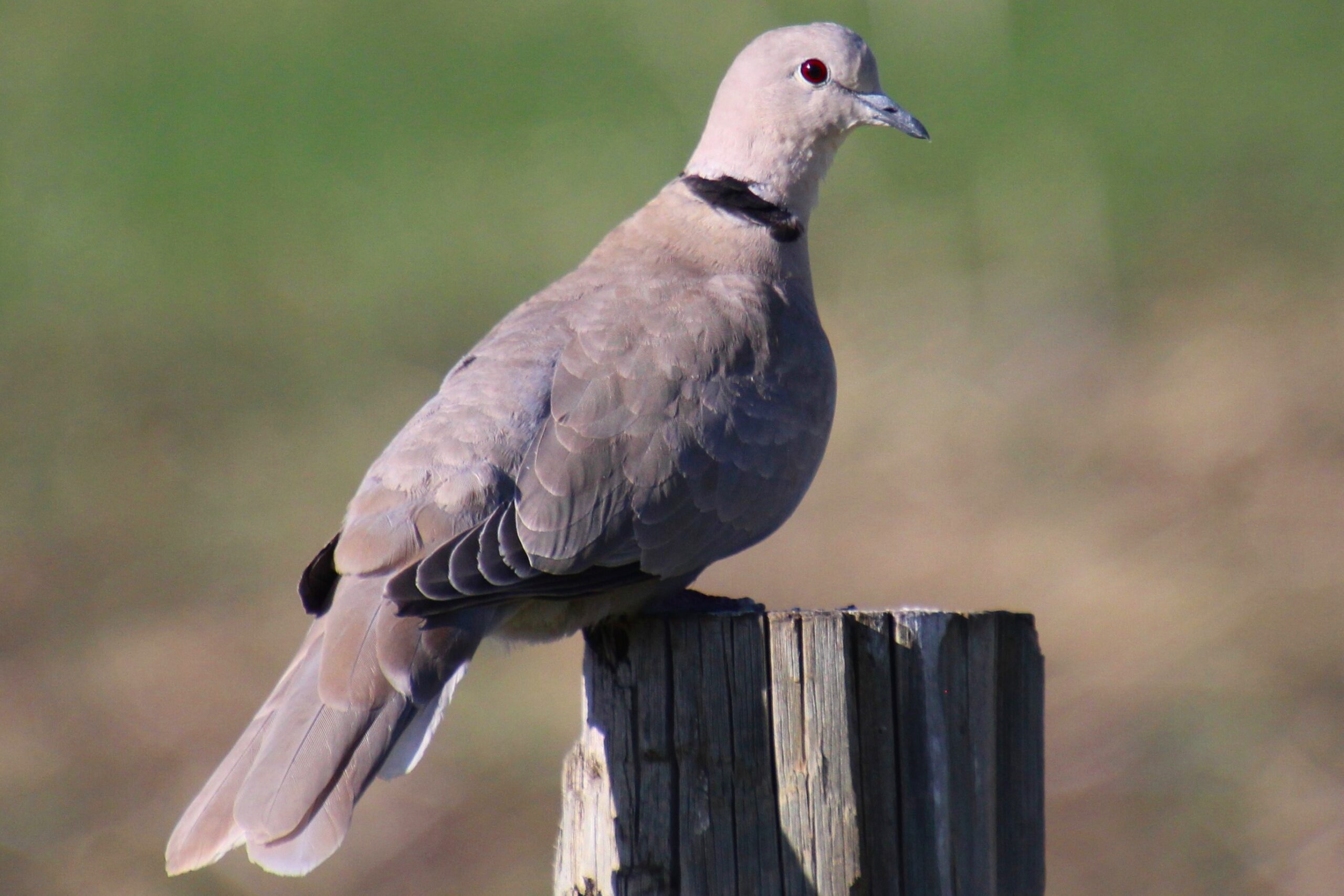Jesus said something that was so counter-cultural and so disruptive in a time when the most powerful often got their way. He said that we should love our enemies because, in his view, God “is kind to the ungrateful and the wicked.” His words riled up many and, strangely, brought comfort to others. He had a way of dividing a crowd with wisdom and grace.
Caring for others, including those we don’t like, and especially those who are “ungrateful and wicked” is a big ask. While we are built with the capacity to care deeply for many people, the prevailing headwinds around us often set us up to look out for ourselves first. It is a story as old as history.
Margaret Mead, an anthropologist, studied ancient human bones and found what we might expect. Many bones showed the signs of violence: skulls with inflicted fractures, arrow and sword marks, bones crushed by clubs and more. Societies were savage and life expectancy was limited. In many cultures the goal was to dominate, destroy, and overtake each other, truly the survival of the fittest.
In her studies she was surprised to find something else. She asked her students, “What is the earliest sign of civilization? A clay pot? Iron? Tools? Agriculture? No, it was a healed leg bone.” To her, a healed bone she found was a sign of care. It showed that someone hunted food on behalf of that person, and offered a generous amount of care while they healed. In the dog-eat-dog world of some prehistoric people groups, it was absurd and a waste of energy to care for someone who could not care for themselves. But here, in a pile of bones, was a healed leg and a sign pointing to another way of life.
It may not be the survival of the fittest, those who can claw their way over others, who live long and thriving lives. Rather, according to author Christopher Kukk, we may be more inclined to see evidence that it is the survival of the kindest, those who care well, who take us forward. He says, “Selfish people and even bullies may win a couple of rounds or sets in the game of life, but they rarely win the match or game; it is the compassionate people who win.”
Jesus shocked people when he said we should love our enemies, but he was right. God is interested in the flourishing of our families, communities, and city. As we love those who hurt us, and as we mend the wounds of those who are hurt, we decide to go another way, a better way.
We may be dismissive those who take a hit, when we know it’s within their right to lash out or blow up in offence. Wisdom invites us to respond with love, to come alongside, to listen, to encourage and stand with those who suffer. When we give our lives generously, we insist on another way to thrive together as a community. In difficult moments we can set aside the urge to step over others, and choose to stop and heal the brokenness we come across. Our city is built up every time we do, and so are you.





